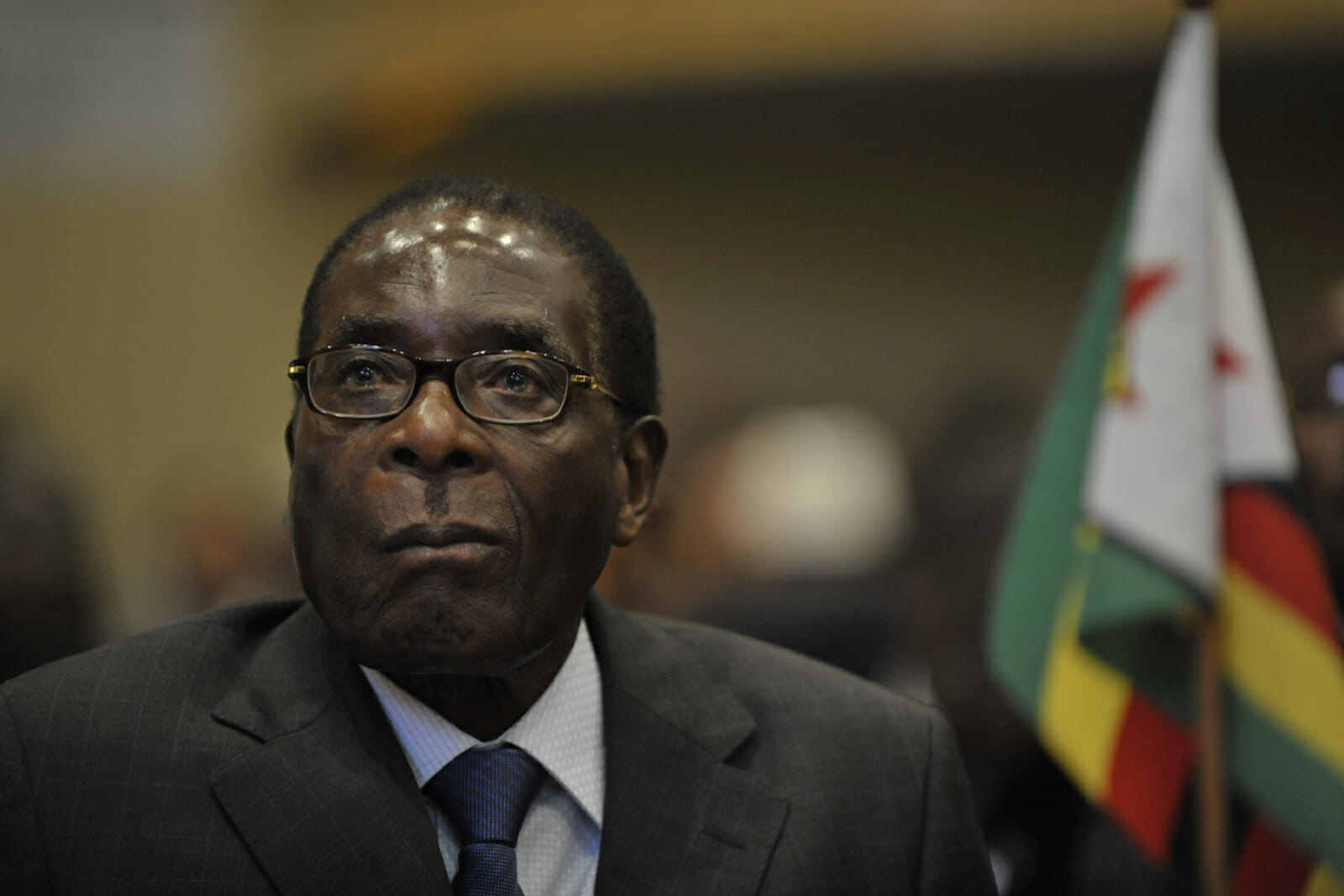
Zimbabwe’s Relentless Dictatorship
Three years ago, I lived briefly in Harare, Zimbabwe. Having just finished my first year of graduate school, I worked for one of the country’s leading human rights organizations. Unfortunately, Zimbabwe was and still is a mess.
According to Zimbabwe’s Electoral Commission (ZEC), President Robert Mugabe has just “won” another five years in office. The results of the vote are questionable and one member of the ZEC has already resigned in protest. US Secretary of State John Kerry issued a firm statement on August 3. In addition to emphasizing that the US didn’t think the election results were credible, Kerry cited voters roll irregularities, media bias, and problems related to the security forces. He also mentioned that many of the country’s political reforms – prescribed in the new constitution and the Global Political Agreement (GPA) – remain unfulfilled.
Mr. Kerry went on to note, “We urge the Southern African Development Community and the African Union to address their concerns with the electoral process, as well as those raised by domestic monitoring groups. The Government of Zimbabwe needs to chart a way forward that will give the people of Zimbabwe the opportunity to express their most fundamental democratic right in a free and fair environment. We further call on all parties to refrain from violence during this period.”
It’s disappointing that electoral observers from the African Union (AU) and the Southern African Development Community (SADC) have already approved the vote. A perennial disappointment, South African President Jacob Zuma has also accepted the results.
Morgan Tsvangirai and other members of the Movement for Democratic Change (MDC) groups have already said the vote was fraudulent. Mr. Tsvangirai recently said that “These early signs of instability are not only disturbing but show that those who are rushing to declare these elections free and fair are being delusional. Anyone who hopes that these fraudulent elections have resolved Zimbabwe’s crisis is dreaming. The crisis is actually escalating. The 31 July fraud has left Zimbabwe on the precipice.”
It’s not clear where things go from here, but protracted political violence – such as that witnessed as a result of the last presidential elections in 2008 – is not out of the question. Post-election repression could escalate quickly. Reports of MDC supporters and polling agents being the targets for intimidation and violence by ZANU (PF) backers are very worrisome. (It’s also somewhat strange because those two locations are ZANU (PF) strongholds).
The economic implications of a Mugabe victory could also be enormous. Zimbabwe’s unity government augured the introduction of a multi-currency system, which resulted in some economic stability and growth. If the Mugabe “victory” stands it would give ZANU (PF) free rein to implement potentially disastrous policies. The country’s indigenization policy was a central component of ZANU (PF)’s campaign this year. The policy forces foreign businesses worth more than half a million dollars to give 51% of their equity to “indigenous people,” likely an indirect reference to ZANU (PF) patronage networks. Such a plan could continue to discourage foreign investment and herald greater economic instability. Some people are understandably very worried about a return to hyperinflation, empty shelves, and heightened government expropriation. Zimbabwe deserves so much more.
It’s hard to predict when genuine democracy will begin and things could very well get worse before they get better. The international community certainly hasn’t forgotten about Zimbabwe, and numerous sanctions are still in place. That’s important. However, Zimbabwe more likely provides yet another illustration of the limits of Western power and influence.
Perhaps what’s more important is that there are millions of Zimbabweans who are ready for a change. I know of a few of those people; I got to rub shoulders with them, to collaborate with them for a brief moment. When the veil of dictatorship is finally lifted, the road ahead may not be straightforward – though I for one will be cautiously optimistic. Besides, anyone would be better than Mr. Mugabe.
